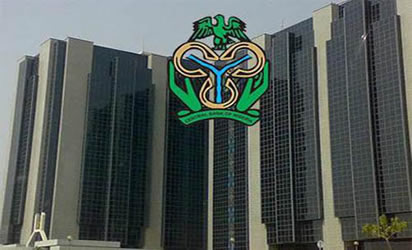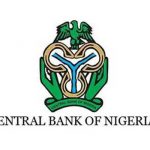Already, some finance and investment experts have warned that the cancelled meeting of the Monetary Policy Committee (MPC) is a signal to uncertainties in the country. This they said, will make foreign investors to hold back further investments until full confidence is restored.
He spoke at the Finance Correspondents Association of Nigeria (FICAN) Economic Outlook with theme: ‘Nigeria Economy and Financial Market Outlook: 2017 Review and 2018 Outlook’ held at the FICAN Centre, Lagos.
The CBN governor, Godwin Emefiele had on Wednesday said the apex bank plans to begin a gradual rate cut by the end of the first half of the year as inflation continues to subside. Inflation which had risen to almost 19 per cent last year January had maintained a steady decline standing at 15.37 in December.
Emefiele in an interview said once inflation gets to low double digits “and high single digit happens, then it should be easy for MPC to begin to look at easing. I want to think that between the end of the first and second quarter, we should begin to see easing.”
Ebo stated that a cut in rate would impact rates at the money market causing investors to consider putting their funds in other countries where the risks are not as high with a good enough returns in investment.
“This will affect the current stability at the foreign exchange market and that is what the government would not want at a time the country is approaching an election period.”
He explained further that while the argument for a cut in rates is for increased lending to the real sector, a lower benchmark interest rate would not result in increased lending by banks.
“Bringing down the MPR will not translate to improved lending by the banks. There is nothing like patriotic lending because we have to grow the economy. The banks will not use private money to grow the economy when they still see there is evident risks within the space. It is about the risk environment,” he stated.
According to him, most of the companies that they would have lent to are struggling in terms of returns on their investment as they have factored in the cost of power as well as infrastructure and by the time they factor in those things their business is not profitable. They cannot service their loans so the bank will not lend to them.
“For instance a lot of banks lent to the power sector during the privatisation but a lot of them got their hands burnt, so no matter how low interest rate come, it will not translate proportionately to increased lending as long as they continue to see that risks,” Ebo stated.







